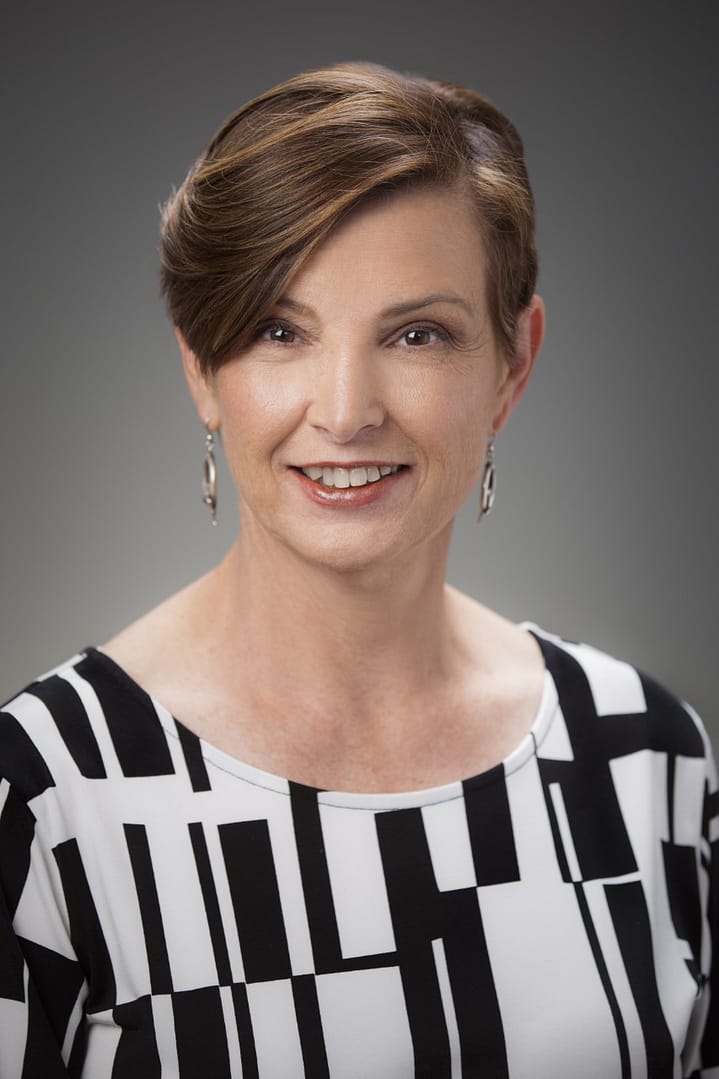
Give your brain a workout—read a book. Pump up the muscle mass between your two ears. Reading is that important. And people in all countries around the globe deserve the right to learn to read.
Literacy for All
The United Nations Educational, Scientific and Cultural Organization (UNESCO) estimates that 175 million young people lack basic literacy skills. To address the issues, UNESCO Regional Office of Southern Africa (ROSA) is supporting programs and activities to develop quality literacy materials for literacy educators and learners through integrating mother language in literacy teaching and learning. Fifty-two years ago, UNESCO officially declared September 8 International Literacy Day, with the goal of highlighting literacy as a human rights issue. www.unesco.org/.
In 2018, The International Literacy Association developed the Children’s Rights to Read project.The Case for Children’s Rights to Read lists 10 fundamental Reading Rights.www.literacyworldwide.org/.
According to Atlas (2017), the 25 most illiterate countries include:South Sudan, Afghanistan, Burkina Faso, Niger, Mali, Chad, Somalia, Ethiopia, Guinea, Benin, Sierra Leone, Haiti, Senegal, The Gambia, Bhutan, Pakistan, Guinea-Bissau, Mozambique, Central African Republic, Cote d’Ivoire, Nepal, Bangladesh, Timor-Leste, Mauritania, Togo.
Children Need Books
Family Scholarly Culture and Educational Success: Books and Schooling in 27 Nations, a 2010 article in the ScienceDirect Journal found that “Children growing up in homes with many books get 3 years more schooling than children from bookless homes, independent of their parents’ education, occupation, and class.” www.sciencedirect.com/.
Children need to see other kids that look like themselves in picture books. Why? Kids of color need to be represented in literature to show they are important in the world and that they matter. We Need Diverse Books is an organization with a vision of “a world in which all children can see themselves in the pages of a book.” Find more information at www.weneeddiversebooks.org.

Diverse books, both fiction and nonfiction, help kids understand that even though children look different on the outside, they are all the same on the inside. Our homes, schools, libraries, and communities need diverse books on bookshelves.
Celebrate Children’s Book Week
With Children’s Book Week turning 100 years old in 2019, Every Child a Reader and the Children’s Book Council have announced plans for a celebration. The 100th Anniversary theme is Read Now—Read Forever. Look to the past, present, and most important, the future of children’s books. Children’s Book Week is April 29 – May 5, 2019. Happy Birthday to Children’s Book Week!
Established in 1919, Children’s Book Week is the longest-running national literacy initiative in the U.S. Every year, events are held nationwide at schools, libraries, bookstores, and homes. www.everychildareader.net/.
Raising Readers
Why is it important to expose babies, toddlers, and younger children to the world of books? Why is it important to read aloud to babies and toddlers? Why is it important to make reading fun for children?
Parents are a child’s first teachers, first role models, and first communicators; talking, listening, singing, making sounds, smiling, laughing, and hugging. Homes are the building blocks of society. “Children are made readers on the laps of their parents,” surmised Emilie Buchwald.
“Learning to read and write doesn’t start in kindergarten or first grade. Developing language and literacy skills begins at birth through everyday loving interactions, such as sharing books, telling stories, singing songs and talking to one another.”www.zerotothree.org/.
“Children learn to love the sound of language before they even notice the existence of printed words on a page. Reading books aloud to children stimulates their imagination and expands their understanding of the world. It helps them develop language and listening skills and prepares them to understand the written word. When the rhythm and melody of language become a part of a child’s life, learning to read will be as natural as learning to walk and talk.” www.readingrockets.org/.
“It is not enough to simply teach children to read; we have to give them something worth reading. Something that will stretch their imaginations—something that will help them make sense of their own lives and encourage them to reach out toward people whose lives are quite different from their own.”—Katherine Patterson
Melissa Martin, PhD, is an author, columnist, educator, and therapist. She lives in U.S.
Advertise with the mоѕt vіѕіtеd nеwѕ ѕіtе іn Antigua!
We offer fully customizable and flexible digital marketing packages.
Contact us at [email protected]
















I concur. Reading is fundamental.
ABSOLUTELY CORRECT
Then Principal of the ‘…Colonarie Roman Catholic School (CRCS) [SVG] had inculcated in the minds of students, ‘…Reading Makes a Ready Man.’
Clearly, if one do not read, then as a ‘…man or Parliamentarian, ‘…he aint ready yet.’
This may have been woefully lacking when Deputy Governor-General Sir Clare K. Roberts KCN, Qeen’s Counsel, gave ‘Assent’ to the Bill ‘…Prison (Amendment) Act [No.17 of 2017].
Had he been mindful and read the ‘Bill,’ before signing, he may have seen that he was taking away ‘…Executive Authority’ from Her Majesty, Queen Elizabeth II, Her Heire and Succors, and Her Representative Sir Rodney E. L. Williams GCMG, KGN, MBBS,’ thus, vested it in the ‘…Minister.’
Those that red this commentary, may see why it is so importanto read.
The avid reader may even read something a fly may have dropped on a white piece of paper.
Musicians sometimes mistakenly play it as well. Everyone, therefore, is urged to read.
“Children need to see other kids that look like themselves in picture books. Why? Kids of color need to be represented in literature to show they are important in the world and that they matter. We Need Diverse Books is an organization with a vision of “a world in which all children can see themselves in the pages of a book.”
ABSOLUTELY 100%
Comments are closed.